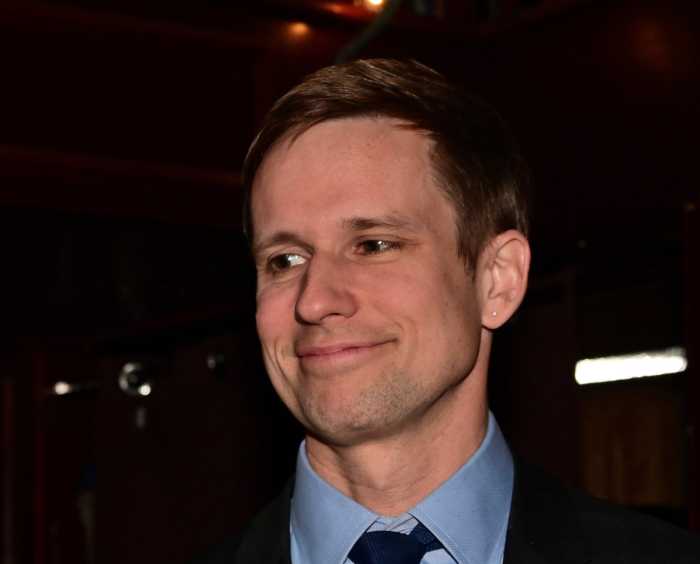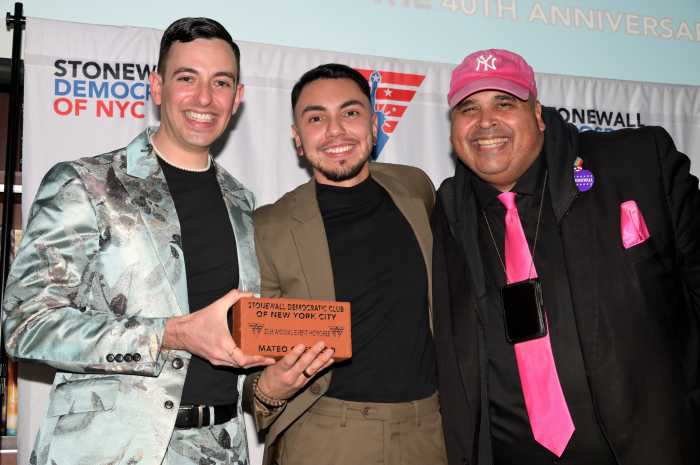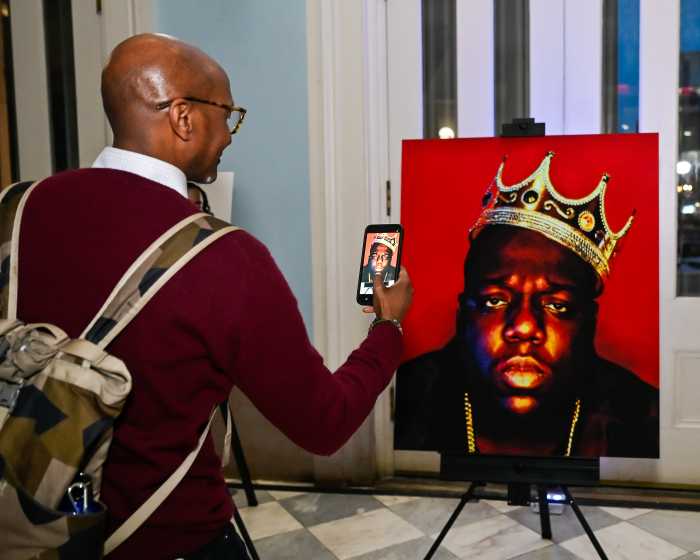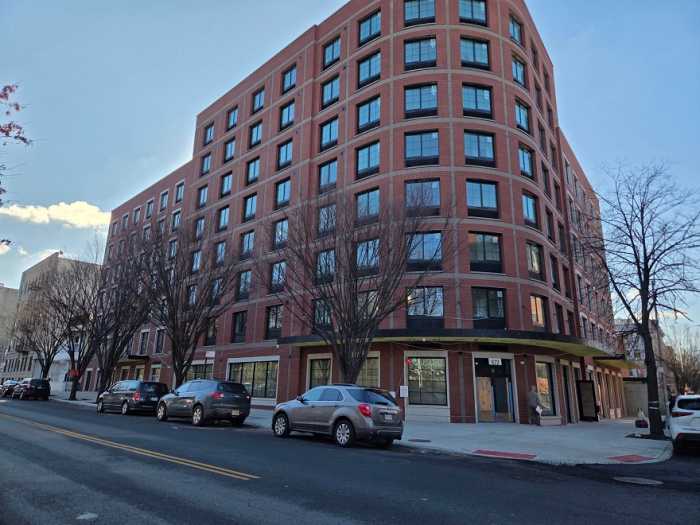In an end run around the U.S. Congress, which had stalled his effort for more than a year, President George W. Bush issued an executive order on December 12 streamlining the federal government’s efforts to funnel money into religiously based groups that provide social services. The president’s order, announced at a meeting of such organizations held in Philadelphia, avoided the most controversial aspect of the effort previously introduced in Congress––specific authorization for the federal government to override some state and local nondiscrimination laws, including those protecting sexual orientation, in disbursing money. At the same time, however, Bush’s order directly overturns a federal policy in place since 1941 by allowing religious groups that receive government money to nonetheless apply religious criteria in their hiring practices.
That step unsurprisingly brought criticism from civil liberties groups and other progressive advocates, and also raised concerns among LGBT groups that religious considerations could be used as a smokescreen to discriminate against people based on their sexual orientation. Despite the concerns that the president’s new guidelines could be used against the community, the response of leading advocacy groups differed in tone. “The President intends to help out faith groups by giving them federal funds to pay for [an] ‘age-old’ habit––anti-gay bigotry dressed up as religion,” according to Michael Adams, an attorney who is director of education and public affairs for the Lambda Legal Defense and Education Fund. “Unfortunately, gays and lesbians are among the chief targets of publicly-funded religious groups that use their beliefs to justify employment discrimination.” In contrast, the Human Rights Campaign (HRC) chose to opens its statement about the Bush announcement by crediting the president with dropping the earlier proposal that would have allowed religious groups funded by the federal government to ignore state and local nondiscrimination laws. “We are pleased that the administration has proactively acknowledged that religious organizations receiving federal funds must comply with state and local civil rights laws,” said HRC Political Director Winnie Stachelberg. “We hope that the administration’s position in these areas will be reflected in any future legislative efforts to expand charitable choice programs.” HRC also noted that the executive order acknowledges that any federal beneficiary is barred from discriminating in the provision of services. Christopher Labonte, who does policy advocacy for HRC on Capitol Hill, said the decision by Bush to amend his earlier effort to exempt religious groups from state and local laws reflected the success of advocates working with the administration. Both HRC and Lambda, however, noted that most state and city sexual orientation laws currently exempt religious organizations from their employment provisions. HRC, in its advocacy on both the local and federal level, including the proposed Employment Non Discrimination Act, does not oppose employment requirement carve-outs for religious groups as long as they are not receiving federal funds. “We remain concerned, however, with the administration’s position that religious organizations receiving federal funding can discriminate on the basis of religion in hiring and employment practices,” said Stachelberg, noting that the U.S. Supreme Court has never ruled on the issue. Like Lambda, the American Civil Liberties Union (ACLU) was uncompromising in its criticism of the Bush order, saying that “the result of the move will be blatant discrimination.” A press release from the ACLU cited a Lambda lawsuit that is challenging the United Methodist Children’s Home, a Georgia agency that gets 40 percent of its budget from tax dollars, but refused to hire someone Lambda terms a “highly qualified counselor,” Alan Yorker, because he is Jewish and which promptly fired Aimee Bellmore (“a highly regarded youth counselor”) when it learned she is a lesbian. In Bellmore’s case, the Home argued that her sexual orientation conflicted with its religious beliefs and teachings. Lambda and the ACLU recently teamed up in a challenge to the Kentucky Baptist Homes for Children, an agency that serves “at risk” youth and gets two thirds of its funding from the state, for firing Alicia Pedreira, a youth counselor the groups say had “an outstanding job record,” because she is lesbian. The ACLU charged that Bush’s decision to move forward with an executive order, even as he has regained political control of Congress, “is further evidence of the complete lack of popular support for the plan.” After Bush first announced his faith-based plan in the summer of 2001, with its override of state and local nondiscrimination laws, he quickly won approval in the Republican House by a vote of 233 to 198. The measure was bogged down for most of the time since, however, by Democratic control of the Senate.


































